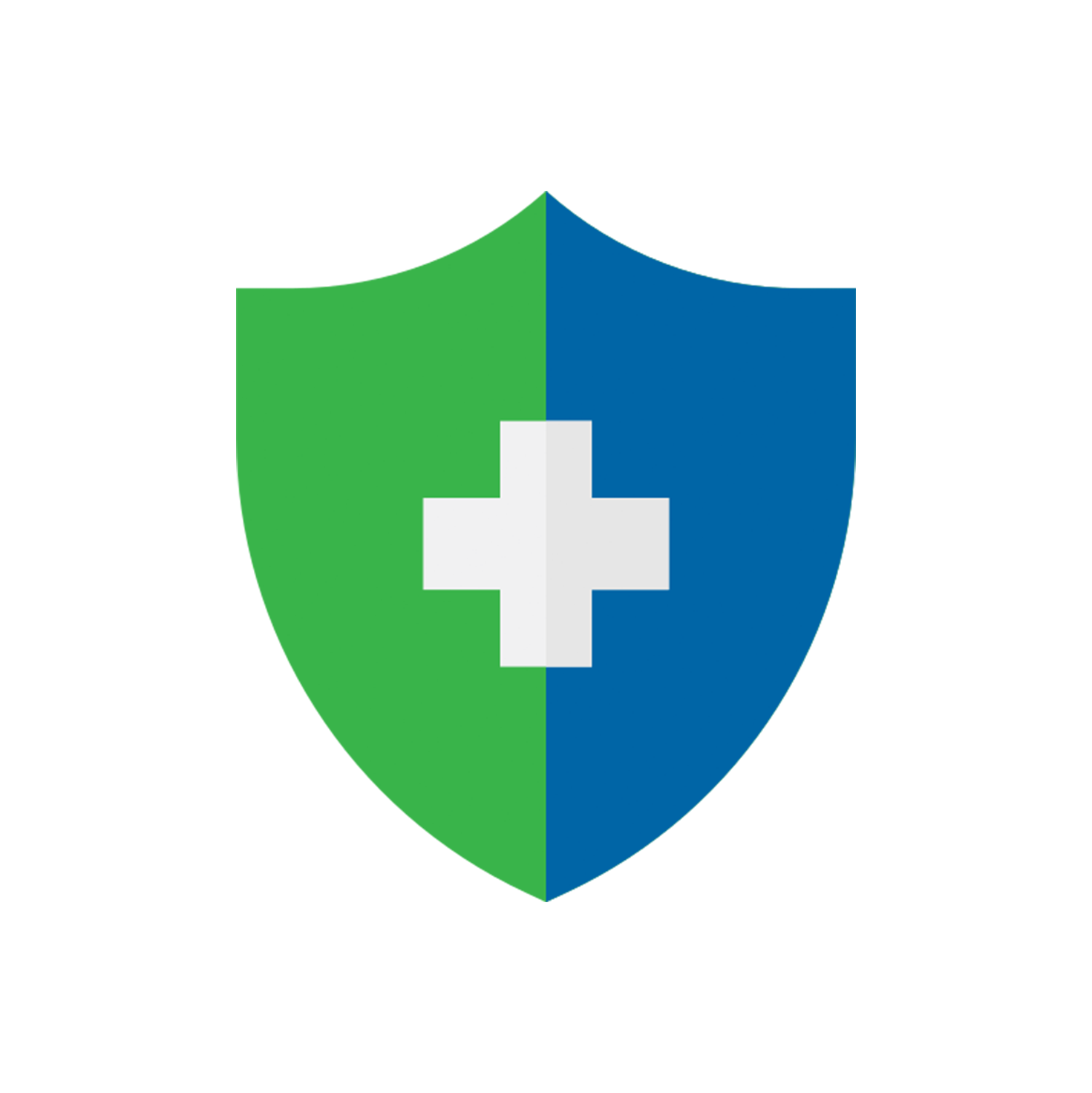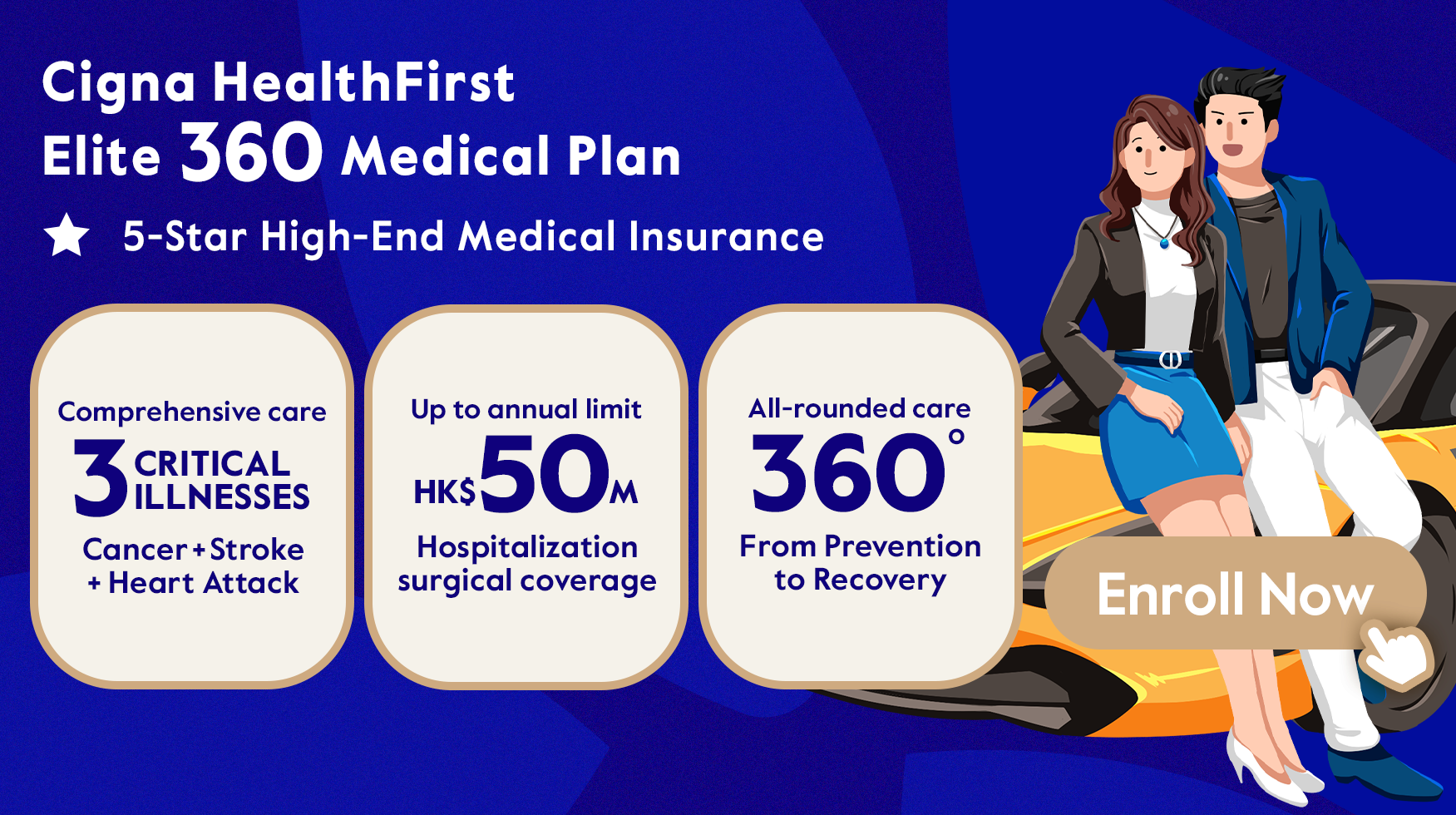Cancer starts when cells become abnormal and grow uncontrollably, and can potentially spread to other parts of the body. Nasopharyngeal carcinoma cancer (NPC) occurs in the upper part of the throat. According to Department of Health HKSAR government, the cancer is more common in southern part of China than in Western countries. Middle and young people - not only the elderly - should be aware of this deadly disease in particular, as NPC is the most common cancer for men aged 20-44.
This type of cancer is ranked for 11th deadliest cancer in Hong Kong which caused 295 deaths in 2018, accounting for 2.0% of all cancer deaths. The age-standardised death rate for both sexes had a downward trend between 1981 and 2018.
Symptoms of NPC
Most people with nasopharyngeal carcinoma cancer (NPC) notice a lump or mass in the neck which is caused by the cancer spreading to lymph nodes in the neck, causing them to swell.
- A lump in the neck
- Blocked ear (especially on just one side)
- Nasal obstruction
- Nose bleeds
- Headaches
- Facial numbness
- Blurred vision
- Difficulty in breathing or speaking
NPC Staging
NPC is classified into different stages, from stage 0 to 4, with a TNM system to illustrate the size of the tumor (T), how far the tumor has spread to the lymph nodes (N) and the state of metastasis (M).
- Stage 0: Carcinoma in situ stage (Tis, N0, M0).
- Stage I: A small tumor confined to the nasopharynx (T1, N0, M0).
- Stage II: The tumor has extended beyond the nasopharynx but not to lymph nodes (T0 or T1, N1, M0)
Also the stage that the tumor that has spread to lymph nodes but not elsewhere (T2, N1, M0). - Stage III: A tumor, noninvasive or invasive, has spread to lymph nodes on both sides of the neck (T0, T1, or T2; N2; M0).
This stage may also describe a larger tumor with or without spreading to lymph node (T3; N0, N1, or N2; M0). - Stage IVA: Invasive tumor with either no lymph node involvement or spread to only a single same-sided lymph node (T4, N0 or N1, M0).
Invasive tumor with more significant lymph node involvement (T4, N2, M0); or any tumor with extensive lymph node involvement (any T, N3, M0). - Stage IVB: Distant metastasis; the tumor has spread to distant parts of the body (any T, any N, M1).
Causes of NPC
The cause of NPC is still unknown. However, risk factors for this cancer include:
- Smoking
- Epstein-Barr virus infection
- Gender - Men are two times more likely than women to get NPC
- Origin - People from southern China, Singapore, Vietnam, Malaysia and the Philippines tend to have a higher risk of NPC. People from southern China may see their risk reduced if they relocate to somewhere that has lower rates of NPC, but their risk would still be higher compared to that of natives of the area.
- Family history
- High salt intakes - A diet with low salt content, therefore, may help prevent NPC.
How to prevent NPC
There is no way to completely prevent NPC. But ...
- A diet with low salt content may help prevent NPC
- Avoiding tobacco and heavy alcohol use may also help
- Avoid burning incense sticks; a study in 2008 suggests incense use was linked to respiratory cancers.
NPC treatment options
Depending on the stage of the cancer and other elements, treatment options for NPC include:
- Surgery
- Radiation therapy
- Chemotherapy
- Targeted therapy
- Immunotherapy
Cancer is one of many things in life that are simply unpredictable. You should get yourself a comprehensive medical protection to ensure peace of mind.
Cigna HealthFirst Elite 360 Medical Plan offers comprehensive and personalized medical coverage across the stage prevention, diagnosis, treatment and recovery, with a range of hospital and surgical benefits, optional insurance benefits with an annual limit of up to HK$50 million, personalized health assessment, three critical illnesses(cancer, stroke and heart attack) all-rounded care and international medical concierge service. A 360-degree total health protection that spans across all the key stages of your health journey. Learn more here.
Sources:
- Cancer Org - Nasopharyngeal Cancer
- Cancer Net - Nasopharyngeal Cancer: Stages and Grades
- CHP HKSAR - Nasopharyngeal Cancer
- Hospital Authority - Media summary of statistics
- Reuters - Burning incense linked to respiratory cancers
- CHK HKSAR -Nasopharyngeal Cancer Prevention and Screening - Cancer Prevention Series 8
© Cigna Healthcare 2023
Information provided in this article is intended for health and fitness purposes only and is not intended for use in the diagnosis of disease or other conditions, or in the cure, mitigation, treatment or prevention of disease (see Terms & Conditions for details). Any health-related information found in this article is available only for your interest and should not be treated as medical advice. Users should seek any medical advice from a physician, especially before self-diagnosing any ailment or embarking on any new lifestyle or exercise regime. Any information contained in this article may not be suitable, accurate, complete or reliable. Cigna Healthcare accepts no responsibility for the content or accuracy of information contained on external websites or resources, or for the security and safety of using them. "Cigna Healthcare" and the "Tree of Life" logo are registered trademarks of Cigna Intellectual Property, Inc. in the United States and elsewhere, licensed for use. All products and services are provided by or through operating subsidiaries, and not by The Cigna Group.




